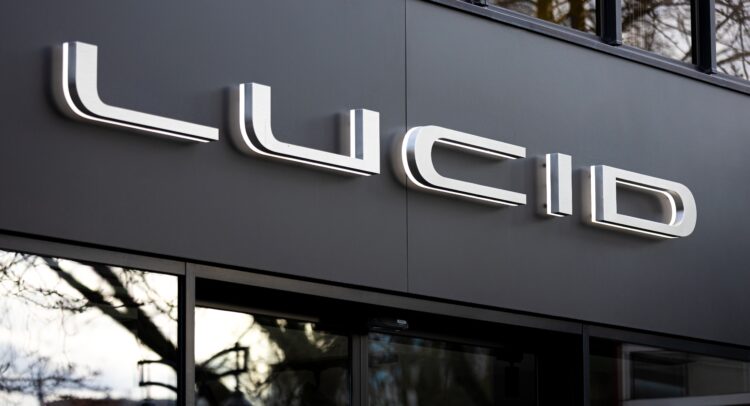Lucid CEO Peter Rawlinson clarified that Wall Street misunderstood the company’s recent $1.75 billion capital raise, a move that led to a significant drop in Lucid’s stock price last Thursday. The offering involved the sale of nearly 262.5 million shares and was intended to secure the electric vehicle maker’s operations and future growth, extending its financial runway into 2026. Rawlinson emphasized that this was a strategic decision aimed at preventing the need for a “going concern” disclosure, which would signal financial distress if the company lacked funds for the next 12 months.
Despite this, Wall Street analysts expressed concerns over the timing of the raise. Some argued that it was premature, especially since Lucid had secured $1.5 billion in funding from Saudi Arabia’s Public Investment Fund (PIF) in August. Morgan Stanley analyst Adam Jonas described the capital raise as “larger and earlier than expected.” RBC Capital Markets analyst Tom Narayan also questioned why Lucid sought more capital so soon after securing funds from the PIF, especially given the current low share prices.
Rawlinson, however, stood by the decision, noting that the move aligned with the company’s long-term strategy to fund key investments. Lucid is currently in the middle of a capital-intensive period, with projects including the expansion of its Arizona factory, the construction of a second plant in Saudi Arabia, and the launch of its upcoming SUV, Gravity. The company also continues to develop its next-generation powertrain and expand its retail and service networks. Rawlinson said these initiatives are essential for Lucid’s future growth, but cost management remains a priority.
Wednesday’s announcement also outlined that Lucid’s majority shareholder, Ayar Third Investment Co., an affiliate of the PIF, plans to purchase over 374.7 million additional shares to maintain its 59% ownership of the company. This type of transaction, known as pro rata, allows the PIF to retain its stake in Lucid by participating in future financing rounds, a practice it has routinely followed. Concerns about share dilution likely contributed to the stock’s 18% drop, the worst daily performance for Lucid since December 2021.
Rawlinson downplayed investor worries, highlighting the continued support from the PIF as a positive signal of confidence in Lucid’s future. He stressed that the pro rata arrangement should not be viewed negatively, stating that if the PIF hadn’t participated, it would indicate a loss of confidence in the company.
Lucid’s public offering is expected to raise approximately $1.67 billion, with an additional 30-day option for BofA Securities to purchase up to 39.37 million more shares. The company has experienced record deliveries of its electric sedan, Air, in 2024, and anticipates producing 9,000 vehicles by the end of the year, along with the launch of the Gravity SUV.
However, Lucid’s financial performance has been slower than anticipated due to higher costs, sluggish demand for electric vehicles, and challenges in raising brand awareness.
Featured Image courtesy of TipRanks







Leave a Reply